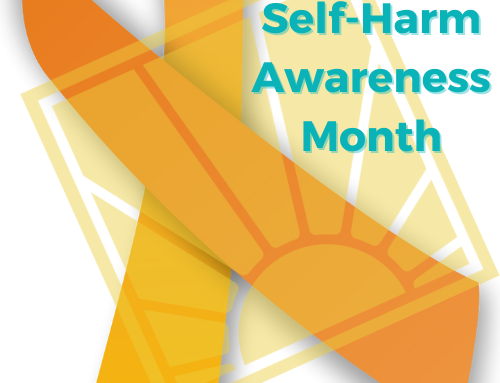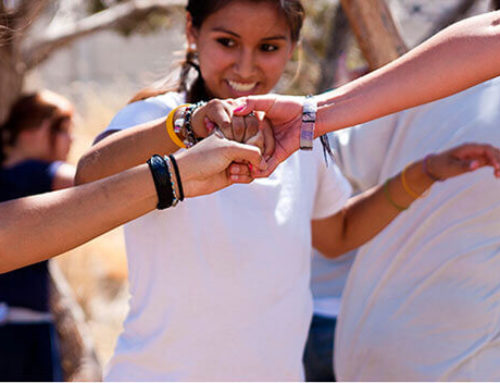One of the most important skills we learn at a very early age is that some things are different from others. In fact, it is considered a critical developmental milestone when young children can differentiate between similar yet different things. Dogs are not cats, and vice versa. Thank you, Piaget! This ability to differentiate lends itself to further distinction not in form but function. Things that are different may do different things. Cats meow and dogs bark.
When we experience a great deal of stress and trauma in our families, we may forget our important differences. We each have unique roles and different ways of responding to a situation. When we find ourselves in stressful situations it is helpful to identify everyone’s role. This helps us understand each person’s needs and respect their different responses.
The Role of Parents and Children
Parents parent by:
- Setting Boundaries
- Listening Sincerely
- Supporting their child with empathy and consistency (even when holding boundaries)
Children are children by learning and growing in the atmosphere created by parents parenting.
Parents are not children; children are not parents. They do different things and have different age appropriate roles. This is how it works best!
At times, every family struggles with depression, anxiety, addictive behaviors or other challenges. At these times, it is easy for parents and children to lose focus of important boundaries, each other’s roles, and unique differences.
Children may feel responsible for their parents’ feelings or seemingly disregard them entirely. Parents’ began to feel responsible for their child’s challenges as their own personal failings. They began to seek for answers. Why is my child self-harming? Why is she depressed, anxious & lonely? What did I do wrong?
These parents have now become something they never imagined nor wanted. Their daughter feels the same way. Their role has changed from parent to The Professional.
At this stage in the game, it’s likely parents have consulted every parenting manual and self-help guide. They’ve solicited advice from relatives, friends and even distant acquaintances. Now it’s time to talk to the people with letters behind their names, the so-called gurus of the mental health world.
This is where you, the reader on a residential treatment blog, may find yourself. Getting to this point represents blood, sweat, and tears.
You’ve taken on unwanted roles; you’ve had to. Your daughter has as well. These roles have gotten you here. And, here is better than there. These roles have probably saved your child’s life in some form or fashion. But now it’s time to let go.
The Role of the Therapist
Challenger
Upon arriving in therapy, your therapist will begin to challenge you. He or she will push you to let go of the taxing and unwanted roles you’ve had to bear. This is often an uncomfortable experience and you might feel more dread than relief. Most people experience both feelings. Are you ready to relent this terrible yet saving role to be again “mom” or a “dad?” Just as your child has to surrender their unhealthy role to become whole again, so do mothers and fathers.
Loving Guide
Your “expert” will not know every answer, and will not have the right response every time, they will make mistakes and will do so regularly. Guess what? It’s ok. You will too, and so will your child.
Always having the right answer isn’t what is important. What matters is having a guide on your healing journey. Therapists help each family member feel loved, heard, valued, and understood. Research has shown that the two most important indicators of successful therapeutic outcomes are:
- A positive relationship with your therapist
- The skill and knowledge of the therapist
The Professional
The process of healing will likely bring about the anxious urge to retain your role as parent and professional. It’s a process reliant on our mutual trust in each other and our capacity to fulfill our roles.
The Parent’s Role in Therapy
Each of us work in our different and equally important roles. Being united in the same cause allows for the synergy necessary for healing to occur:
- Parents parenting
- Children learning and growing
- Therapists listening and guiding
What do each of these roles look like? Well, it depends on your family’s unique needs. That is where your therapist can help to guide your family through the process of discovery and healing. In therapy we must trust one another. We have to give each other the necessary space to accomplish our different yet equally important roles and associated tasks.
Trust your child to once again be whole while learning and growing. Trust your therapist to guide your family’s process of discovery and healing. And trust yourself as a mom or a dad that can provide what your child needs to be healthy and happy!




